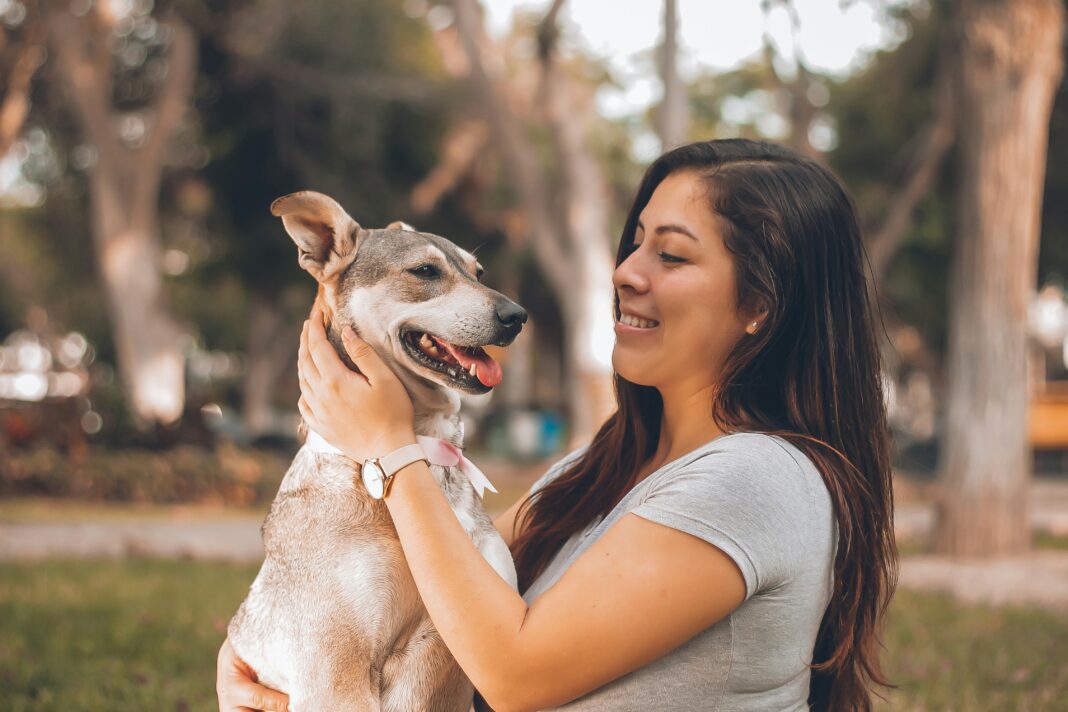Ever wonder what your pet is really thinking? Understanding animal behavior and psychology is the key to unlocking a deeper connection with your furry, scaled, or feathered companion. It’s not just about knowing how to train them; it’s about understanding their needs, motivations, and how they perceive the world.
Why is understanding animal behavior important?
- Effective Communication: It bridges the communication gap between humans and animals. We often misinterpret their actions based on human perspectives. Learning about their natural behaviors helps us understand their signals and respond appropriately.
- Preventing Behavioral Problems: Many behavioral issues stem from misunderstandings of an animal’s needs. By understanding their psychology, we can prevent problems before they arise by providing the right environment, enrichment, and training.
- Strengthening the Bond: Deeper understanding fosters empathy and strengthens the bond between you and your pet. It allows you to anticipate their needs and create a more harmonious relationship.
- Improving Training: Knowing how animals learn and what motivates them makes training more effective and enjoyable for both you and your pet.
Key Concepts in Animal Behavior and Psychology:
- Instinct and Learned Behavior: Understanding the difference between innate behaviors and those learned through experience.
- Body Language: Recognizing subtle cues in posture, facial expressions, and vocalizations. For example, a dog’s tucked tail can indicate fear or anxiety, while a cat’s slow blink is a sign of trust.
- Cognition and Learning: Exploring how animals think, learn, and solve problems.
- Social Behavior: Understanding how animals interact with each other and with humans.
- Environmental Enrichment: Providing stimulating environments that meet an animal’s natural needs.
Practical Applications for Pet Owners:
- Understanding Fear and Anxiety: Recognizing signs of stress and providing a safe and comfortable environment.
- Interpreting Play Behavior: Knowing the difference between playful aggression and genuine aggression.
- Managing Separation Anxiety: Implementing strategies to help pets cope with being alone.
- Improving House Training: Understanding the underlying reasons for accidents and implementing effective training methods.
- Choosing the Right Pet: Selecting a pet whose personality and needs match your lifestyle.
Resources for Learning More:
- Certified Animal Behaviorists: These professionals have specialized training in animal behavior and can help address complex behavioral issues.
- Veterinarians: Your vet can provide valuable information about your pet’s health and behavior.
- Books and Online Resources: Many excellent resources are available to help you learn more about animal behavior and psychology.
By investing time in understanding animal behavior and psychology, you’ll not only become a better pet owner but also develop a deeper and more rewarding relationship with your animal companion.





























